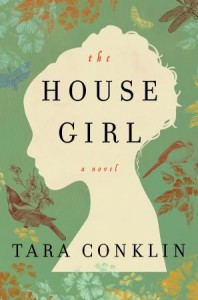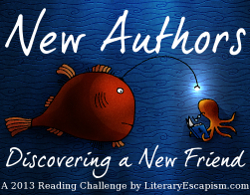Tomorrow between 10 a.m. and 6 p.m., the fourth annual Gaithersburg Book Festival will offer authors, poets, and activities for kids.
Among the authors I’m looking forward to are these:
- Maryanne O’Hara, author Cascade, which I loved!
- Tara Conklin, author of The House Girl, which I liked!
- Lauren Leto, author of Judging a Book By Its Lover, which I adored!
And those poets on the Poetry in the Afternoon Panel, I’m moderating are:
- Sarah Arvio, who wrote night thoughts: 70 dream poems and notes from an analysis
- Sally Keith, who wrote The Fact of the Matter
- Eric Pankey, author of Trace
I hope that if you are in the area, you’ll stop by the panel or at least see some great authors. This is always a great family event and shares the love of books.

 About the Author:
About the Author:





